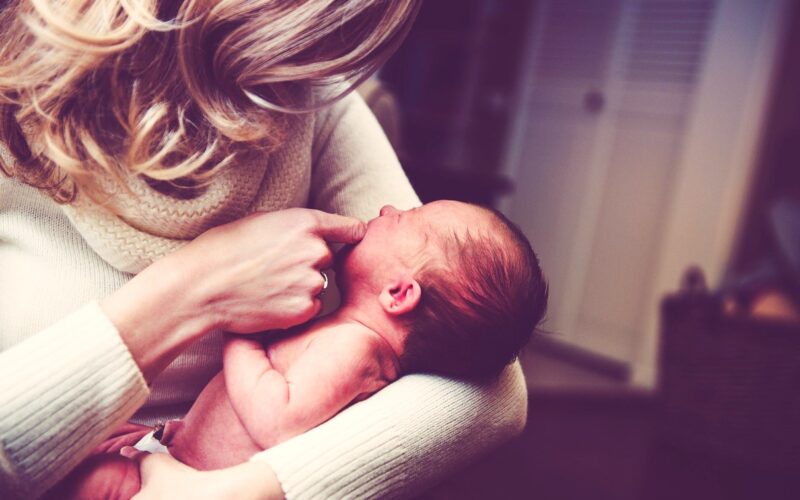Did you know that although babies cannot express themselves in words, they have their own emotions, even depression and anxiety! And they can also sense the emotions of those around them.
Atlanta, GA (Business Northeast) – Many people think that babies cry only because of their physical needs or that they only have happy emotions in addition to their physical needs. In fact, babies are young, but they also have many emotions, including sadness, depression, anxiety, and anger.
Babies have various emotions
Infants and young children’s mental health experts say that from birth to 3 years old, children can produce a series of deep and strong emotions, including sadness and anger. Just like their caregivers, they may be psychologically challenged by depression and anxiety.
“Studies show roughly 9.5% to 14% of children from birth to age 5 may have emotional challenges that are significant enough to be called mental health disorders,” said Jennifer Boss, director of infant and early childhood mental health coordination and strategy at Zero to Three.
“Typically, the first people to recognize that something seems off are parents. They are the ones who notice that distress.”
Pay attention to children’s mental health
The Centers for Disease Control and Prevention (CDC) of the United States pointed out that one in six children between the ages of 2 and 8 in the United States is diagnosed with a mental, behavioral, or developmental disorder.
Children’s emotional health in their early years will still significantly impact the growth process, and these experiences will change the way they deal with things or emotions. Therefore, experts suggest that parents pay attention to the child’s mental health and seek assistance when necessary.
“More than getting too caught up in specific diagnoses, what I would recommend is that parents monitor milestones and behavior,” said Jamie Howard, a senior clinical psychologist at the Child Mind Institute.
Babies can feel the emotions of adults
Have you noticed this? Most people don’t like to feel the anger of others. If relatives and friends are in a sad or disappointed state, we will also feel depressed. Emotions are passed on to others, and the same is true for babies.
Sabrina Chiarella is an expert in human development. Her research shows that babies understand adults’ expressions in certain situations, and they show more attention to adults who openly express sadness.
“For example, if I acted sad while I was playing with them, they would give me a teddy bear,” she says. “And all of the babies were just as willing to help me reach objects.”
The conclusion is that babies have many emotions, including anger, depression, anxiety, etc., and they can also feel the emotions of adults. Therefore, caregivers must pay attention to the child’s psychological condition and also allow themselves to maintain a healthy mentality.
Relevant Information:
● What Babies Understand About Adult Sadness
● Children’s Emotional Development Is Built into the Architecture of Their Brains
● “Aren’t you supposed to be sad?” Infants do not treat a stoic person as an unreliable emoter











Whats Happening i am new to this, I stumbled upon this I’ve discovered It absolutely helpful and it has helped me out loads. I am hoping to contribute & help different users like its aided me. Good job.